Of all the questions that cross a traveler’s mind on a long journey or a local’s mind after a long night, one of the most common is, “Can I just sleep in my car?” In Nebraska, the answer isn’t a simple yes or no. While no state law expressly forbids you from catching some sleep in your vehicle, the reality is far more complex. Legality hinges on where you park, your physical state, and a patchwork of local rules that can turn a seemingly harmless nap into a legal headache.
Understanding these nuances is crucial for anyone considering their car as a temporary resting place. From the serious risk of a DUI charge even while asleep to the specific regulations at state rest stops and city streets, knowing the law can help you make a safe and legal decision. This guide breaks down everything you need to know about sleeping in your car in the Cornhusker State.
The Legal Gray Area of Sleeping in a Vehicle
In Nebraska, sleeping in your car is not inherently illegal. There isn’t a single statute that says, “Thou shalt not sleep in thy vehicle.” Instead, the legal issues arise from related activities and circumstances. Law enforcement is typically more concerned with why and where you are sleeping. Their primary concerns are public safety, potential intoxication, trespassing on private property, and violations of local parking ordinances.
Essentially, the act of sleeping itself isn’t the problem. The potential illegality comes from the context surrounding it. If you are parked in a prohibited area, appear to be a public nuisance, or are under the influence of alcohol, you could find yourself in trouble with the law.
The Greatest Risk: A DUI Charge While You Sleep
The most significant legal danger when sleeping in your car in Nebraska is being charged with Driving Under the Influence (DUI), even if the engine is off and you have no intention of driving. This is due to the state’s broad interpretation of “actual physical control” of a vehicle.
Under Nebraska law, you can be convicted of a DUI if you are in “actual physical control” of a motor vehicle while intoxicated. The courts have established that this does not require the vehicle to be in motion. An officer can charge you with a DUI if they believe you have the capability to start the car and drive away, thereby posing a potential threat to public safety.
Police consider several factors when determining “actual physical control”:
-
Location of the Keys: Are the keys in the ignition, on the dashboard, in your pocket, or otherwise easily accessible?
-
Your Position in the Vehicle: Are you in the driver’s seat or in the passenger or back seat?
-
Engine Status: Is the engine running, or is the hood warm, suggesting it was recently on?
-
Your Level of Intoxication: A higher Blood Alcohol Concentration (BAC) can strengthen the case for you being a potential danger.
Nebraska courts have upheld DUI convictions for individuals found sleeping in their cars while drunk, particularly when the keys were in the ignition. The legal consequences are severe, including hefty fines, license suspension, mandatory alcohol education programs, and even jail time.
How to Safely Sleep It Off and Avoid a DUI
If you have been drinking and decide the safest option is to sleep in your car, you must take specific steps to demonstrate that you have no intention of driving. This can create a stronger legal defense against a charge of “actual physical control.”
-
Relocate from the Driver’s Seat: Move to the passenger seat or, even better, the backseat. This makes it physically harder for you to operate the vehicle.
-
Secure Your Keys: Do not leave your keys in the ignition or anywhere within easy reach. The best practice is to place them in the trunk, a locked glove box, or give them to a sober friend if one is present.
-
Keep the Engine Off: Do not start the car, even for warmth or air conditioning. A running engine is a strong indicator of an intent to drive.
Furthermore, be mindful of Nebraska’s open container laws. Having an open container of alcohol in your vehicle can lead to a separate citation, even if the car is parked and you are not driving.
Navigating the Rules of Nebraska’s Rest Areas
For travelers on long-haul drives, rest areas seem like the most logical place to stop for a nap. However, the rules in Nebraska can be confusing. The Nebraska Department of Transportation (NDOT) has issued guidance stating that “overnight camping or parking is prohibited.”
Despite this, the same set of rules permits a maximum stay of up to 10 hours. Since rest areas are open 24 hours a day, you can effectively sleep overnight. For example, arriving at 10 p.m. and leaving before 8 a.m. the next day falls within the 10-hour window. It’s important to note that these are “guidance documents,” not laws, meaning enforcement can be at the discretion of the state patrol officer on duty.
If you do choose to rest at a Nebraska rest area, you must do so inside your vehicle. Pitching a tent, sleeping on a picnic table, or any form of “camping” is strictly forbidden. Other rules to remember include a ban on the consumption of alcoholic beverages, the requirement for pets to be leashed, and prohibitions on fires outside of designated grills.
The Patchwork of Local City and County Ordinances
Beyond state-level guidance, the most critical factor in determining the legality of sleeping in your car is local law. Cities and counties across Nebraska have their own specific ordinances regarding overnight parking, which can vary dramatically from one jurisdiction to another.
For instance:
-
In the village of Springfield, it is illegal to park any vehicle on a public street between the hours of 2:00 a.m. and 6:00 a.m.
-
The city of Kearney has rules that prohibit parking an RV or trailer on a public street for more than 24 hours.
-
University campuses, like the University of Nebraska-Lincoln, have their own strict regulations that typically forbid students with commuter permits from parking overnight.
These local rules are often posted on street signs, but the absence of a sign doesn’t guarantee legality. The safest approach is to assume that parking on a residential street or in a public park overnight is likely prohibited. Before settling in for the night, it is wise to check the municipal code of the specific town you are in.
Where Can You Legally Park Overnight?
If you need to sleep in your car, finding a legal and safe spot is paramount. While public streets and parks are risky, several other options may be available.
-
Private Property (with Permission): The most secure option is to park on private property, such as a friend’s driveway, but only with the explicit permission of the owner.
-
24-Hour Businesses: Some large retail chains, like Walmart and Cabela’s, have a reputation for being friendly to overnight RVers and car sleepers. However, these are not universal company-wide policies. The decision is often left to the individual store manager and can be influenced by local ordinances. Always check for “No Overnight Parking” signs and, if possible, speak with store management to get permission.
-
Truck Stops and Travel Plazas: Businesses that cater to long-haul truckers are generally accustomed to people sleeping in their vehicles overnight. These locations are often well-lit and have amenities like restrooms and food.
-
Campgrounds: While not free, established private or state park campgrounds are a guaranteed legal and safe place to spend the night.
The Final Word
While sleeping in your car in Nebraska is not explicitly illegal, it exists in a legal gray area governed by circumstance and location. The risk of a DUI charge, even while asleep, is very real and carries severe consequences. Furthermore, a web of state guidance and local ordinances makes finding a legal parking spot a challenge.
Ultimately, the decision to sleep in your car should not be taken lightly. If you must, do so safely and legally: never when intoxicated, always with permission on private property, and only after confirming the local rules. Being an informed and responsible traveler is the best way to ensure a restful night without legal repercussions.
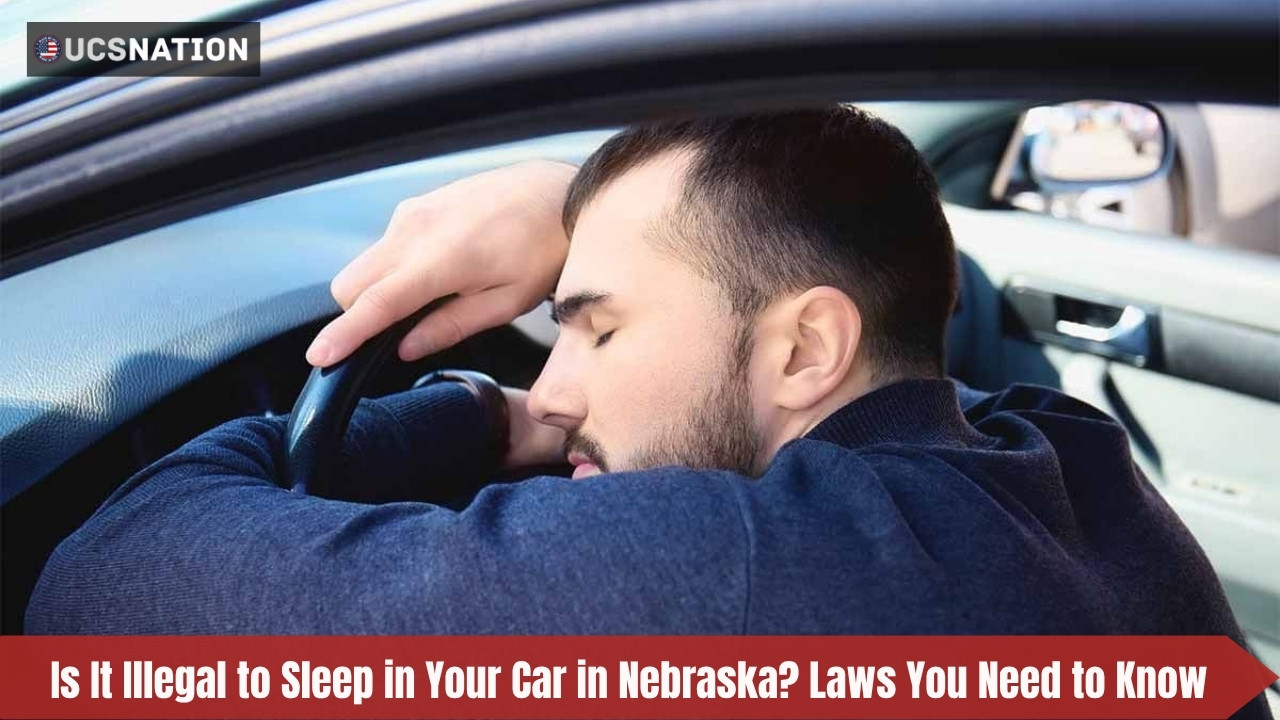





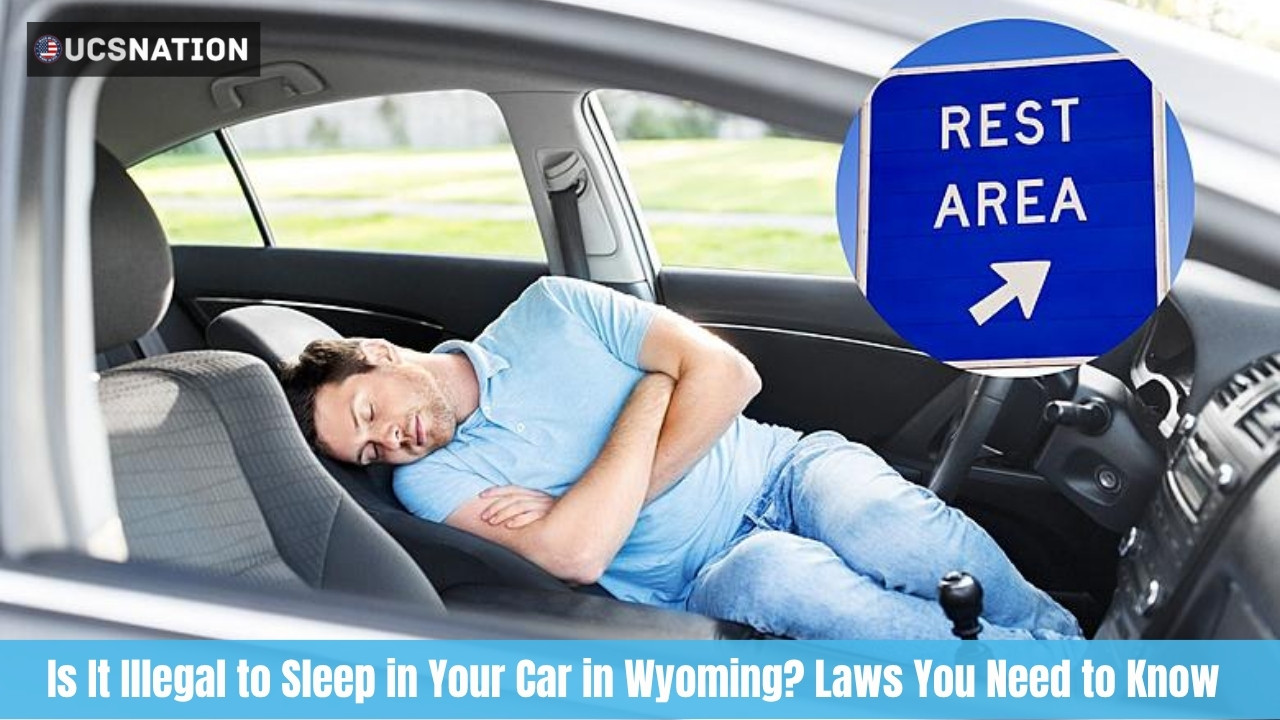
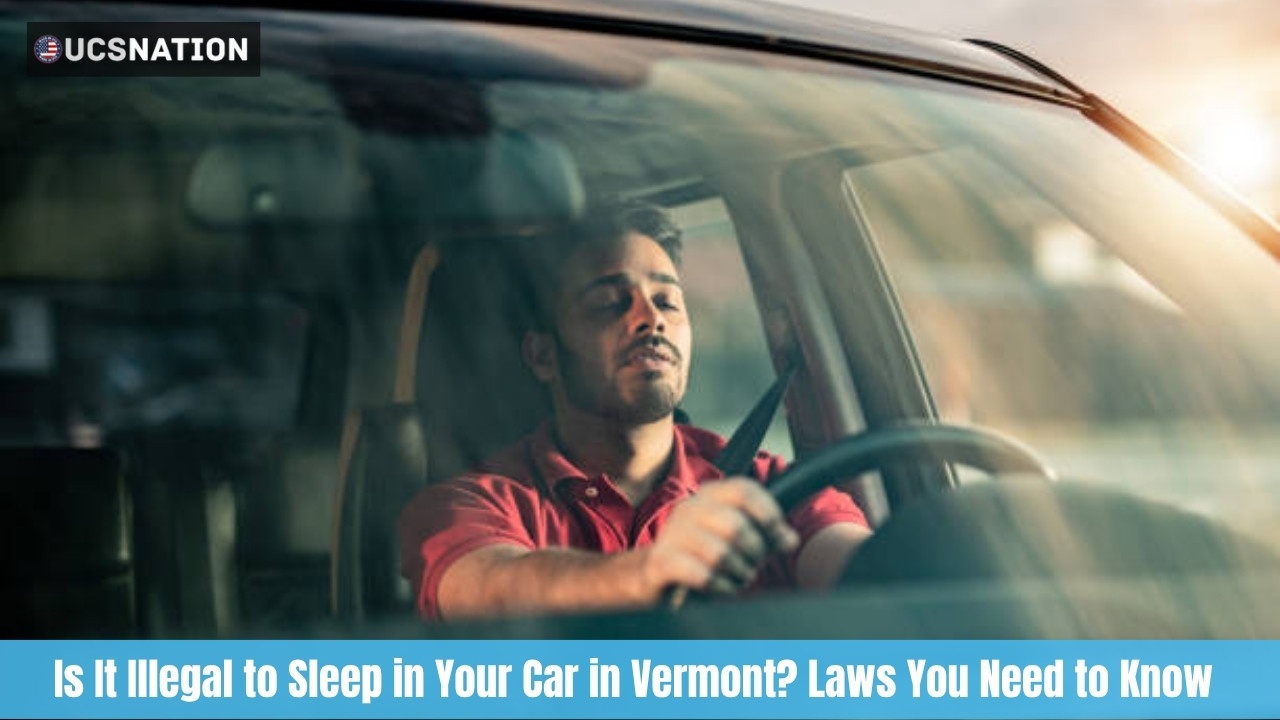
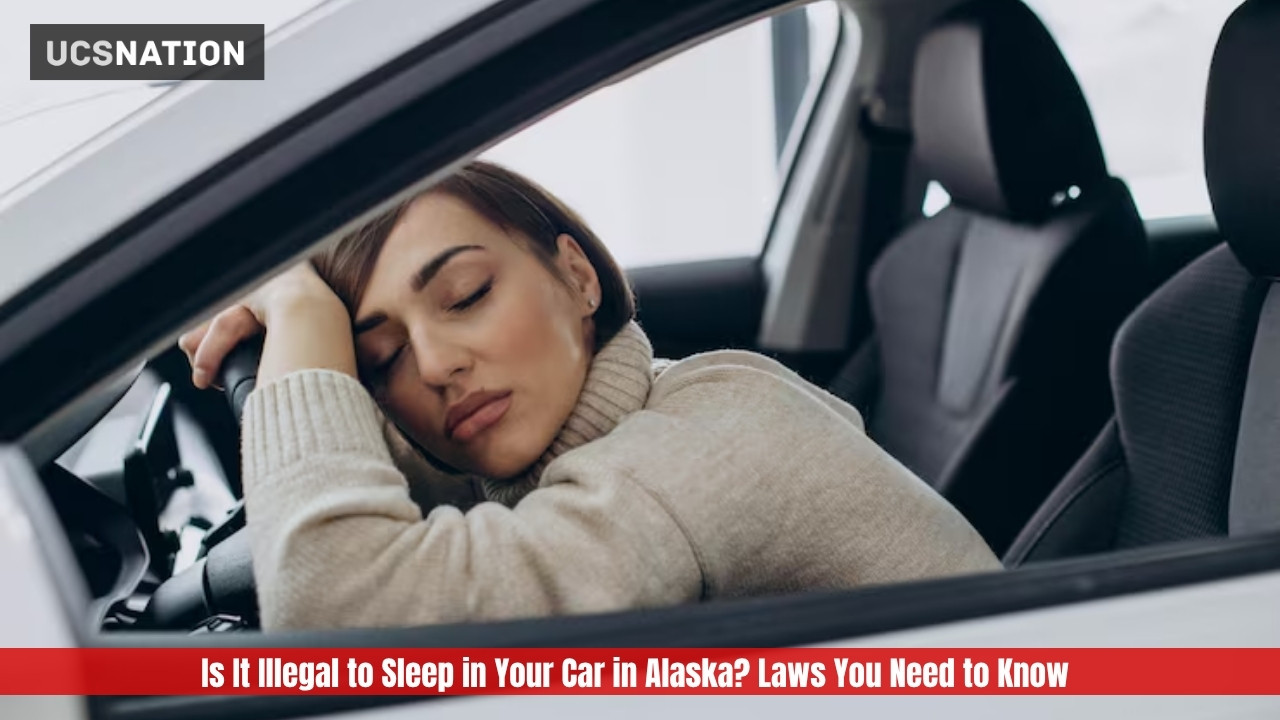
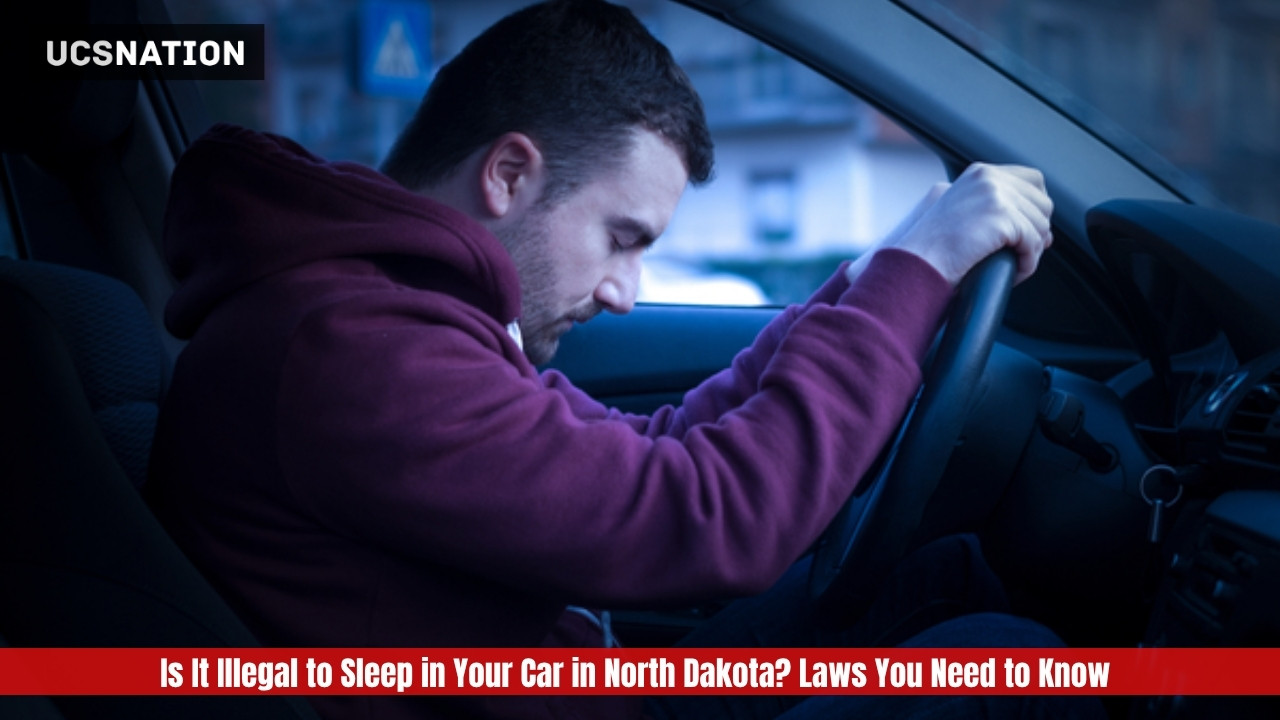
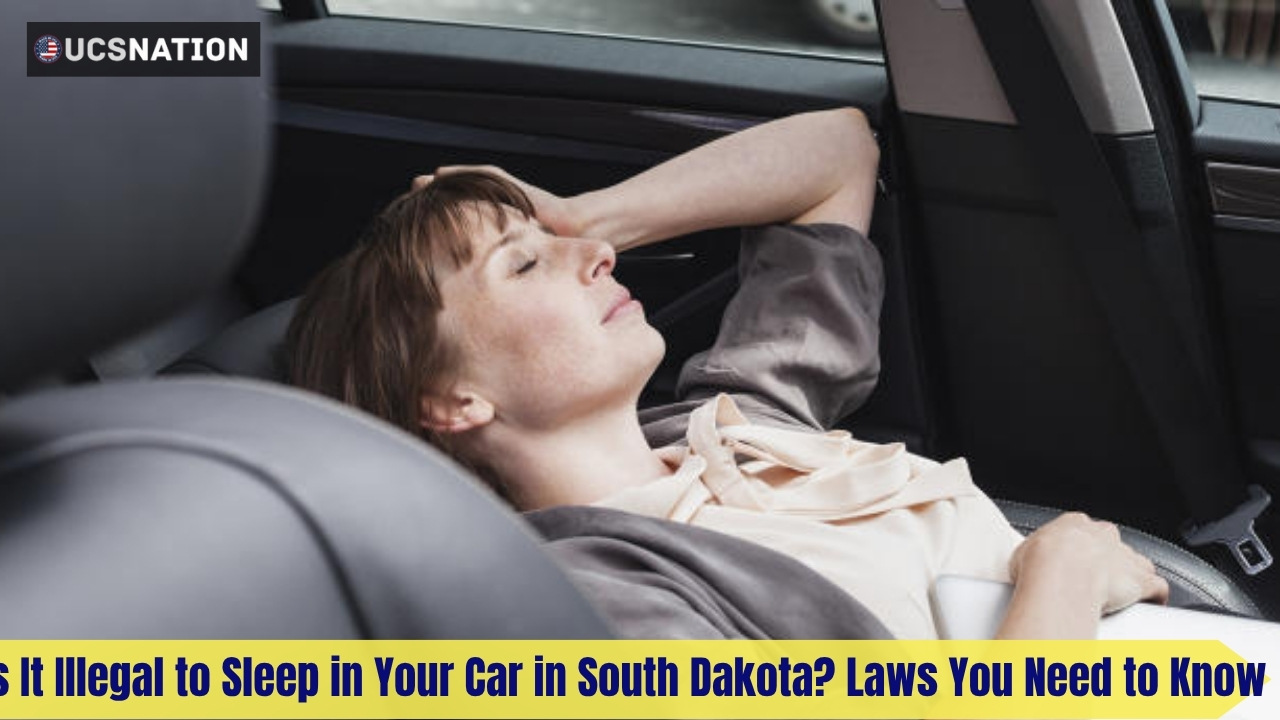




Leave a Reply